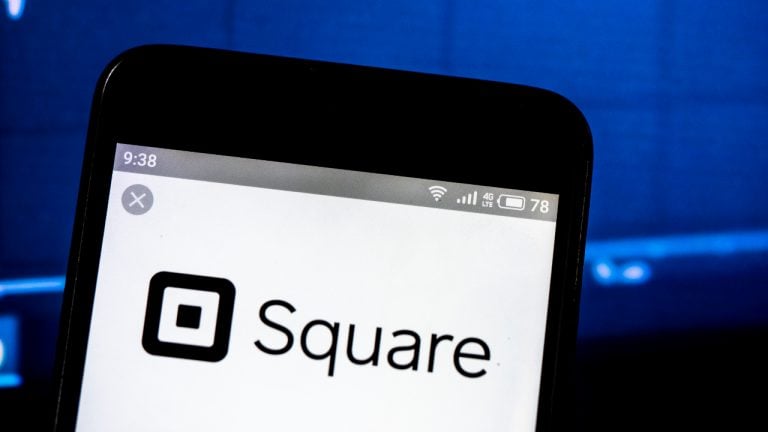Square Adds $170 Million More in Bitcoin to Balance Sheet — Company Now Holds 5% of Total Cash Reserves in BTC

Square has bought more bitcoin, adding $170 million worth of the cryptocurrency to its balance sheet. The company now holds 5% of its cash reserves in bitcoin. Its Cash App was used by more than three million customers to purchase or sell the cryptocurrency last year.
$170 Million Bitcoin Purchase
Square Inc. (NYSE: SQ) announced Tuesday its fourth quarter and full year 2020 results. The company also announced that it has purchased $170 million worth of bitcoin “as part of its ongoing commitment to the cryptocurrency.” This is the company’s second bitcoin purchase; the first was for $50 million made in October last year. According to the announcement:
It has purchased approximately 3,318 bitcoins at an aggregate purchase price of $170 million. Combined with Square’s previous purchase of $50 million in bitcoin, this represents approximately five percent of Square’s total cash, cash equivalents and marketable securities as of December 31, 2020.
“Square believes that cryptocurrency is an instrument of economic empowerment, providing a way for individuals to participate in a global monetary system and secure their own financial future,” the company explained. “The investment is part of Square’s ongoing commitment to bitcoin, and the company plans to assess its aggregate investment in bitcoin relative to its other investments on an ongoing basis.”
Increased Bitcoin Adoption via Cash App
The NYSE-listed company, led by CEO Jack Dorsey who also heads Twitter Inc., is seeing increased bitcoin adoption. Its Cash App allows people to buy and sell BTC. According to Square’s earnings report released Tuesday:
In 2020, more than three million customers purchased or sold bitcoin on Cash App, and, in January 2021, more than one million customers purchased bitcoin for the first time.
“Furthermore, in the fourth quarter of 2020, bitcoin volumes per customer were up more than 2.5x year over year, primarily driven by buying activity,” Square continued.
In addition, the company disclosed that “During the full year 2020, we saw significant growth in bitcoin revenue year over year.” Noting that “Bitcoin revenue is the total sale amount of bitcoin to customers,” Square wrote:
For the full year of 2020, Cash App generated $4.57 billion of bitcoin revenue and $97 million of bitcoin gross profit, up 9x and 12x year over year, respectively.
As for the fourth quarter, “Cash App generated $1.76 billion of bitcoin revenue and $41 million of bitcoin gross profit … up approximately 10x and 13x year over year, respectively.”
What do you think about Square keeping 5% of its cash reserves in bitcoin? Let us know in the comments section below.
from Bitcoin News https://ift.tt/2NBGpZR
Comments
Post a Comment